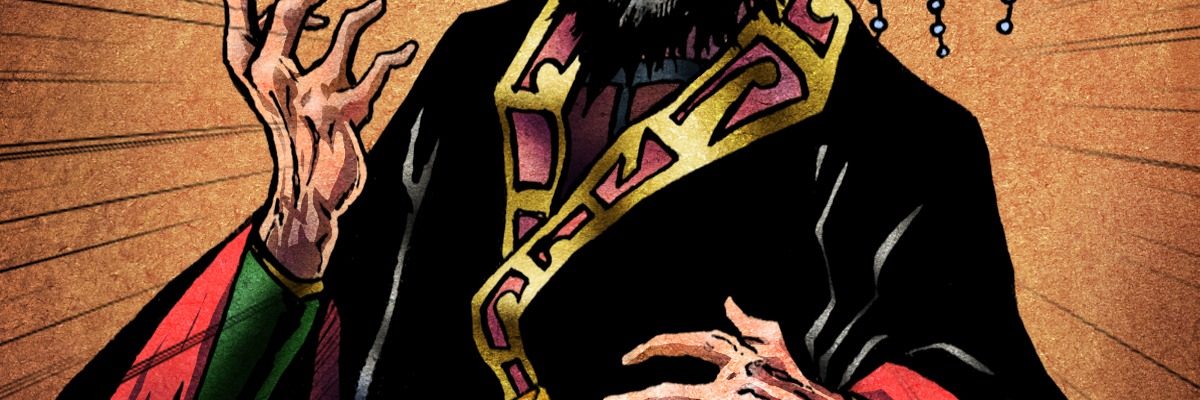After unifying the “Warring States” the first emperor of China turned his attention to an even more lofty goal: becoming an immortal. When describing the first emperor the ancient sources paint a picture of man consumed by narcissism and paranoia. We’re told that in his quest to defy death the first emperor put his trust in shady magicians and smooth talking charlatans. Did the hunt for eternal life actually kill China’s first emperor? Tune in and find out how the strongest man in China, a sea monster, and a conspicuously good lute player all play a roll in the story.
Works Cited
Clements, Jonathan. The First Emperor of China. Albert Bridge, 2015.
Cotterell, Arthur. The First Emperor of China. Penguin, 1989.
Goldin, Paul Rakita. After Confucius: Studies in Early Chinese Philosophy. University of Hawai’i Press, 2005.
“A Legend of Confucius.” A Legend of Confucius – Chinese Folktale, www.worldoftales.com/Asian_folktales/Chinese_Folktale_40.html.
Lü Buwei, et al. The Annals of Lü Buwei: a Complete Translation and Study. Stanford University Press, 2000.
Man, John. The Terracotta Army: China’s First Emperor and the Birth of a Nation. Bantam Books, 2018.
Needham, Joseph, and Rose Kerr. Science and Civilisation in China. Cambridge University Press, 2004.
Pines, Yuri. “Legalism in Chinese Philosophy.” Stanford Encyclopedia of Philosophy, Stanford University, 16 Nov. 2018, plato.stanford.edu/entries/chinese-legalism/.
Sima, Qian, and Burton Watson. Records of the Grand Historian. Research Centre for Translation, Chinese University of Hong Kong, 1993.Sima, Qian, and Derk Bodde. Statesman, Patriot, and General in Ancient China; Three Shih Chi Biographies of the Ch’In Dynasty, 255-206 B.C. Translated and Discussed by Derk Bodde. 1940.

